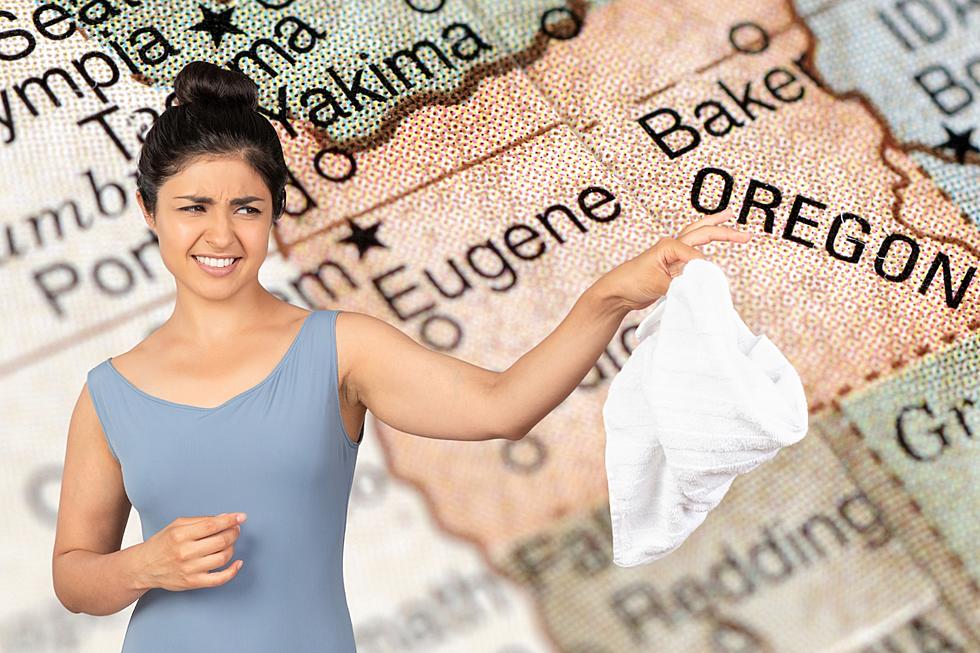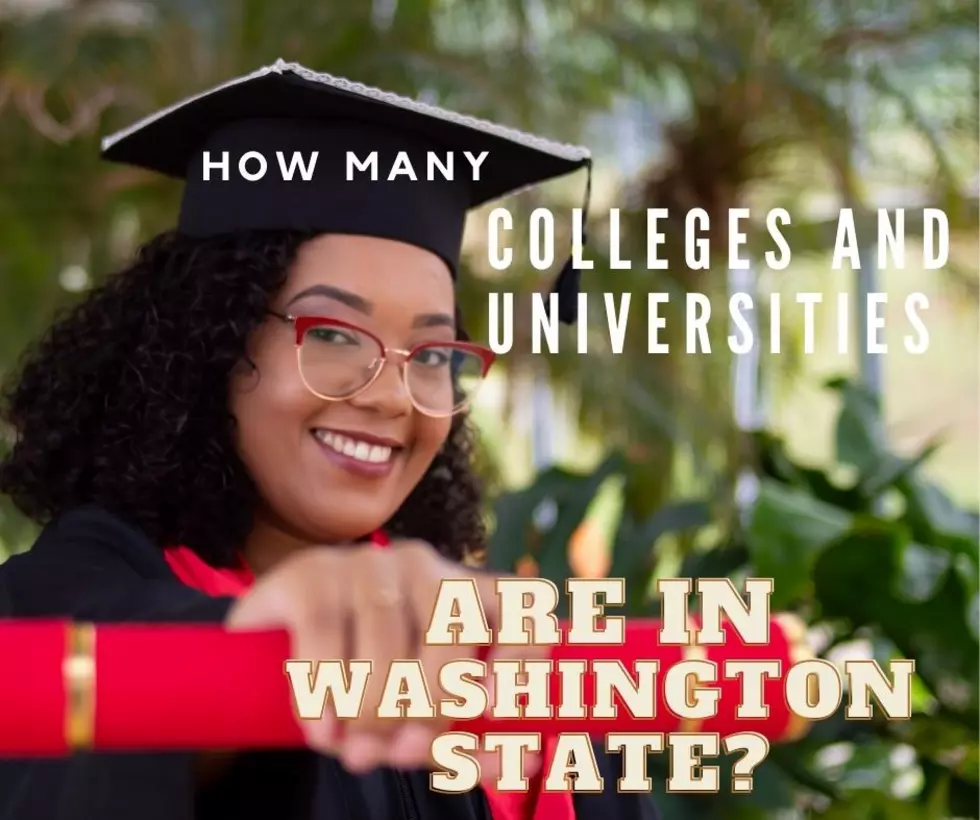
Eisenhower High Surprising Students, More Briefs
Principal Stacey Locke says there's now a closed campus during the lunch hour and all doors but the front entrance automatically lock after 8:00 a.m. Gum chewing is banned and all food and drink must be consumed in the lunch area.
Locke says it is a big adjustment for kids but she says the building is surreal and the kids are luckiest kids in the State of Washington. She also says safety is the number one concern at the new school, “We have more than 200 cameras inside and outside the school just to be able to make sure we know what’s happening.”
Due to the school's size Locke has nicknamed it sneaker high because everyone is wearing sneakers to make the long walks between buildings more comfortable. Construction finished just before school started on the more than 100 million dollar school.
The Authority's Dave Caprile says they've received a $600,000, 2-year State grant to fund the program. As a result low income residents can get old stoves replaced for free. Rebates are available to those who are not low income.
The public can get rebates for converting to a new wood stove, pellet, gas or electric by contacting the Yakima Clean Air Authority for more information at 834-2050.
The U.S. Department of Agriculture gave $548,000 earlier this month to assistant professor with WSU's Center for Precision and Automated Agricultural Systems Manoj Karkee.
Karkee envisions a prototype within three to five years and commercially available models within 10. His idea is of a robot reaching its dozen tentacles through the leaves of an apple tree to pick ripe fruit at four times the rate of humans.
His idea is to pair an automated machine with a field employee who would decide how and when to pick apples, when for example, they are obscured behind leaves or in clusters.
More From News Talk KIT









